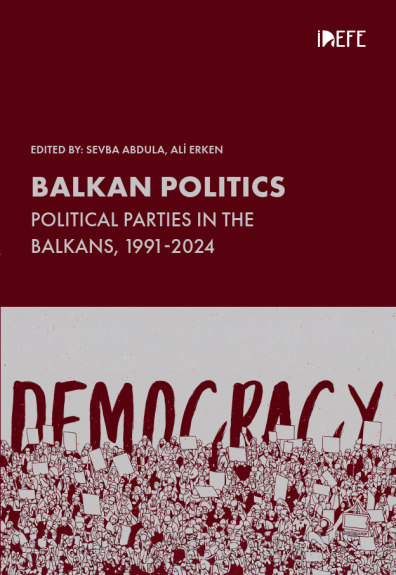Balkan Politics
Historical Development and the Role of Political Parties in Bulgaria’s Transition to Democracy From 1990 to 2007
Authors
-
Adnan MestanDr., Researcher-Bulgaria
Synopsis
Following the cessation of the Second World War, the Kingdom of Bulgaria be-came a constituent state of the Eastern Bloc under the Soviet Union’s domin-ion. Consequently, a communist system was established within the country. The Bulgarian Communist Party (BKP) assumed a structural equilibrium with the state, thereby establishing itself as the sole power of the country for a consider-able duration. During the period of the BKP administration, political opposition was systematically suppressed, resulting in its complete exclusion from deci-sion-making processes. The oppressive communist regime in Bulgaria, which endured for nearly half a century, ultimately collapsed in a relatively brief period in 1989, a consequence of the dynamic shifts that occurred on the global stage. Despite the long-term oppression of ethnic Turks in Bulgaria, the country expe-rienced a successful and bloodless revolution when compared to other Central and Eastern European1 countries.
Copyright
Copyright (c) 2025 Sevba Abdula (Volume editor); Amina Hadžić, Harun Nuhanović, , Idlir Lika, Sava Mitrović, Adnan Mestan, Thomas Lazaridis, Zoran Dabetić, Mira Šorović, Salich Tzampaz, Magdelina Kitanova (Chapter Author); Ali Erken (Volume editor)
License

This work is licensed under a Creative Commons Attribution-NonCommercial 4.0 International License.
Historical Development and the Role of Political Parties in Bulgaria’s Transition to Democracy From 1990 to 2007
Downloads
Publication Information
-
Publication TypeChapter
-
Volume
-
Pages113-131
-
PublishedJune 5, 2025
-
Series
-
Series PositionResearch 11
Abdula, S., & Erken, A. . (Eds.). (2025). Historical Development and the Role of Political Parties in Bulgaria’s Transition to Democracy From 1990 to 2007. In A. Thaçi, Balkan Politics: Political Parties in the Balkans, 1991-2024: Vol. Research 11 (pp. 113-131). Idefe Publications. https://doi.org/10.51331/EB09ADM
